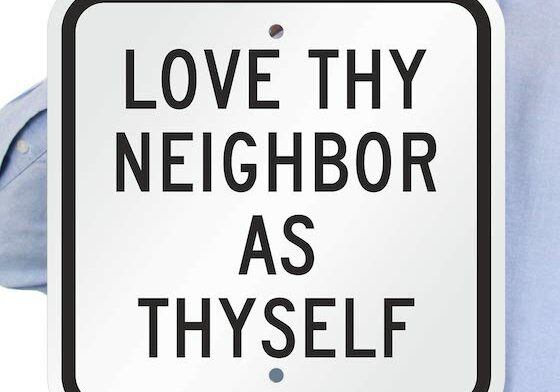Guilt & Shame
Guilt and shame have terrible effects on a person, both spiritually and physically. When someone carries guilt and shame around, unbeknownst to others, it usually affects every part of their life. In Psalm 38, we find David struggling with this after sinning (which one is unclear). You can feel the pain and guilt of his song as you read David’s words. This Psalm is titled: To bring to remembrance (the same title also given to Psalm 70). David is asking God to remember him. Guilt and shame can cause you to feel isolated and forgotten; at this point in David’s life, he feels very alone.
David suffered physically as well as spiritually as a result of his sin and the guilt he carried. This could be because God struck him with some illness because of his sin, or more likely, was due to the toll of stress from deep depression and guilt.
In the early verses, we find David feeling the weight of God’s rebuke:
“Your arrows have struck deep, and your blows are crushing me. Because of your anger, my whole body is sick;” Psalm 38:3 (NLT).
Physical Pain
He goes on to describe his physical pain. Guilt and shame can affect the physical self as well as the spiritual self. David says,
“My guilt overwhelms me—it is a burden too heavy to bear.”
“I am bent over and racked with pain. All day long I walk around filled with grief.”
“A raging fever burns within me, and my health is broken.”
Other physical ailments he lists are exhaustion, depression, anxiety, and lack of strength.
In verse 7, the KJV says, “my loins are filled with a loathsome disease…” One commentator even suggests this could be inflammation of the kidneys, such as kidney stones (which can be brought about by stress).
Friends & Family
Then, we read of the isolation from friends and family. David feels completely alone. Yet even though he has sinned and is feeling the weight of that sin, David was wise in drawing near to the Lord even though he sensed God’s wrath and displeasure. This was likely not David’s first mistake, and he knew God was faithful to forgive and deliver. We see in verse 18 David’s confession and repentance, but we still feel the weight he carries in this chapter. He still feels distant from his friends and family, and his enemies are as aggressive as ever.
Forgiveness granted by God doesn’t always mean forgiveness granted by others. If you’ve ever struggled with shame or guilt, you know how difficult it can be. Perhaps you are dealing with one more than the other (guilt refers to feeling bad, knowing your actions have hurt others—shame refers to how you feel about yourself) (guilt is “I did something bad”—shame is “I am something bad”). Both can have damaging effects when not dealt with.
What do we do about it?
So, what’s the answer? How do we overcome this? First, we follow David’s example—we draw near to God. Despite the guilt and shame that causes many to pull away from God, we draw closer to Him. He is the only one who can truly help us overcome. He is quick to forgive and longsuffering, and He will give us strength as we walk toward healing and freedom. Second, we get professional help if needed. So often, people hesitate to reach out for help when needed. There are many reasons for this, such as pride and fear. Regardless, even as Christians, there are times when we need that extra support and help to make it through.
We can also learn from David’s account and be sensitive to those around us. We never know what others are going through. We’ve seen how guilt and shame can cause a person to feel isolated, even in a room full of people. They can feel judged, even when no one judges them (as shame causes condemnation). Let’s pray that God would make us sensitive to others and help us show love and forgiveness, just as He does.
You might also like these articles...
Love Thyself!
Love Thyself! I understand this will make some folks uncomfortable. I can see the gears in your mind working through this, “What does he mean, Love Thyself!” We’re not supposed to do that. Wrong. We know the first greatest commandment is to ‘love the Lord your God with all your heart, all you soul, and…
Indirect Behavior
It is highly likely if you don’t have indirect behavior, somebody in your world does. I see it show up many times in various forms of relationship. One person assumes the other knows what they want because they are thinking it. The other person has no clue what is wanted since what is wanted has…
Perfect Peace
Perfect Peace At the beginning of this new year, my wish is for perfect peace to saturate every home. The Apostle Paul, in his epistle to the Philippians, refers to a peace that passeth all understanding (4:7). An incomprehensible peace. Isaiah refers to such peace. “Thou wilt keep him in perfect peace, Whose mind is…




